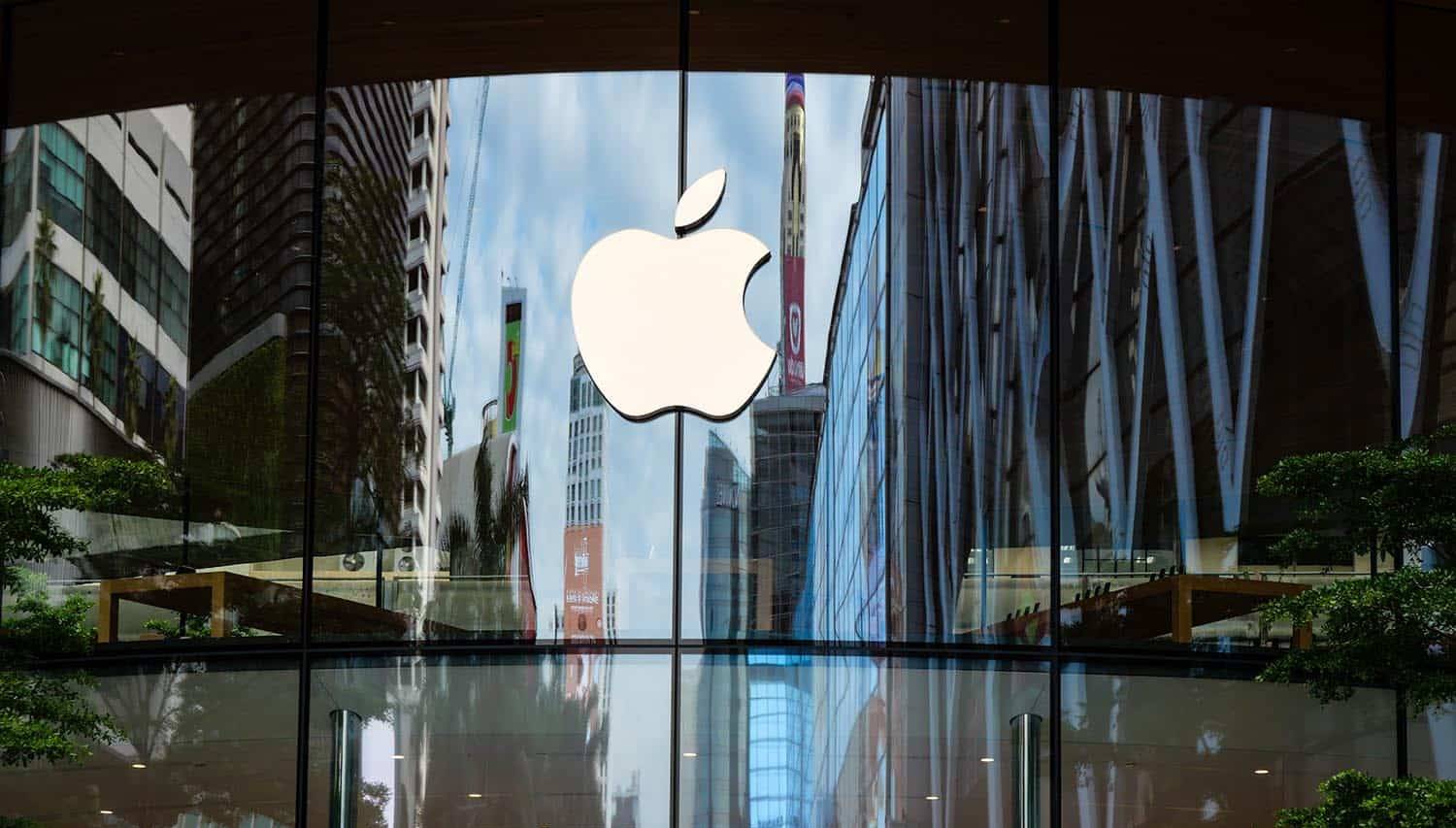3 ways blockchain will improve marketing and advertising
Blockchain is one of the most disruptive technologies in the marketing industry. Here's how and why more brands are starting to use it in different ways.

Before discussing the benefits of blockchain on marketing and advertising, let's first unpack the concept for those not already in the know.
Think of blockchain as an online ledger that records specific digital events (like money transfers or e-signatures, for example). The ledger's decision-makers are spread across many different independent nodes on a network, all of which must agree on the veracity of an event before it can be recorded on the ledger.
Because decisions are made by collective consensus, blockchain tech can be viewed as a self-governing, democratic organism – free of any controlling body (like a company or government agency, for example).
Blockchain is generally associated with cryptocurrencies like Bitcoin, but it has more expansive applications. Here are a few ways the tech is increasingly being implemented in the ad and marketing game.
Blockchain offers better security and privacy

Data security is a massive issue for online transactions. Frequent breaches make the news, and everyone wonders if their identity or financial information has been compromised.
Protecting data from theft and corruption is a priority that all businesses must take into account. In 2021 alone, the cost of data breaches increased from US$3.86 million to US$4.24 million. This is the most significant margin of money lost in almost 20 years.
Blockchain offers bolstered data security in the form encryption and decentralization. If someone wanted to steal or change a piece of data, all the other nodes on the network would see it and flag the suspicious activity right away.
This is a clear benefit in the marketing and advertising space where brands and platforms do lots of data collection from large swathes of the global population. In theory, it can also help to ensure that brands cannot resell consumer data to third-parties.
Agencies can also give themselves and clients peace-of-mind (when dealing with each other) in the form of smart contracts.

Blockchain reduces advertising fraud

According to a study by Forrester, 69% of brands spending more than US$1 million per month on advertising say that at least 20% of their budget was lost in digital advertising scams. To offfset losses from fraud, companies needed to reduce their advertising budgets.
One such company was Uber. It tried to reduce ad costs by US$100 million to save money. However, after the cut, Uber didn't see any trend changes. Further investigation revealed that the budget was still exhausted by fake apps, bots, and phantom clicks.
Companies are looking for ways to prevent digital ad fraud and enhance security measures against such patterns.
Blockchain offers solutions that can be used with various ad networks to cut out middlemen and track who actually clicks and interacts with your ad. It helps brands identify the source of fraud and wasteful clicks, then puts those fraudsters on a blocklist.
Toyota, for example, now uses blockchain to identify fraudulent clicks and traffic in this exact way, thus reducing wasteful spending. This combination of transparency and accountability can lessen the effects of fraud and help brands take greater control of their ad spend.

Blockchain offers authenticity and transparency

Blockchain records and verifies all the steps in a given process. It also ensures that the history of said process is available on an open network. This can give consumers the complete details on a brand's supply chain.
For example, until now, consumers haven't really known if their favorite brands making 'eco-friendly' or 'socially responsible' claims are actually telling the truth.
Blockchain can help a business prove, beyond the shadow of a doubt, that it sources materials via responsible channels.
With forced accountability, no one can accuse your brand of cooperating with sweatshops or harming endangered species. Your well-documented and independently verified supply chain claims become irrefutable.
For brands and marketers, blockchain is an investment not only to instill trust in customers but also to protect privacy, prevent fraud, and reduce theft overall. In these ways and more, some believe blockchain will usher in a safer and more reliable digital experience for brands, agencies, and end consumers.
Save time and money when creating and distributing high-quality press releases. ContentGrow's platform serves up the best freelance professionals to bolster global comms teams. Sign up to get your campaign started.




